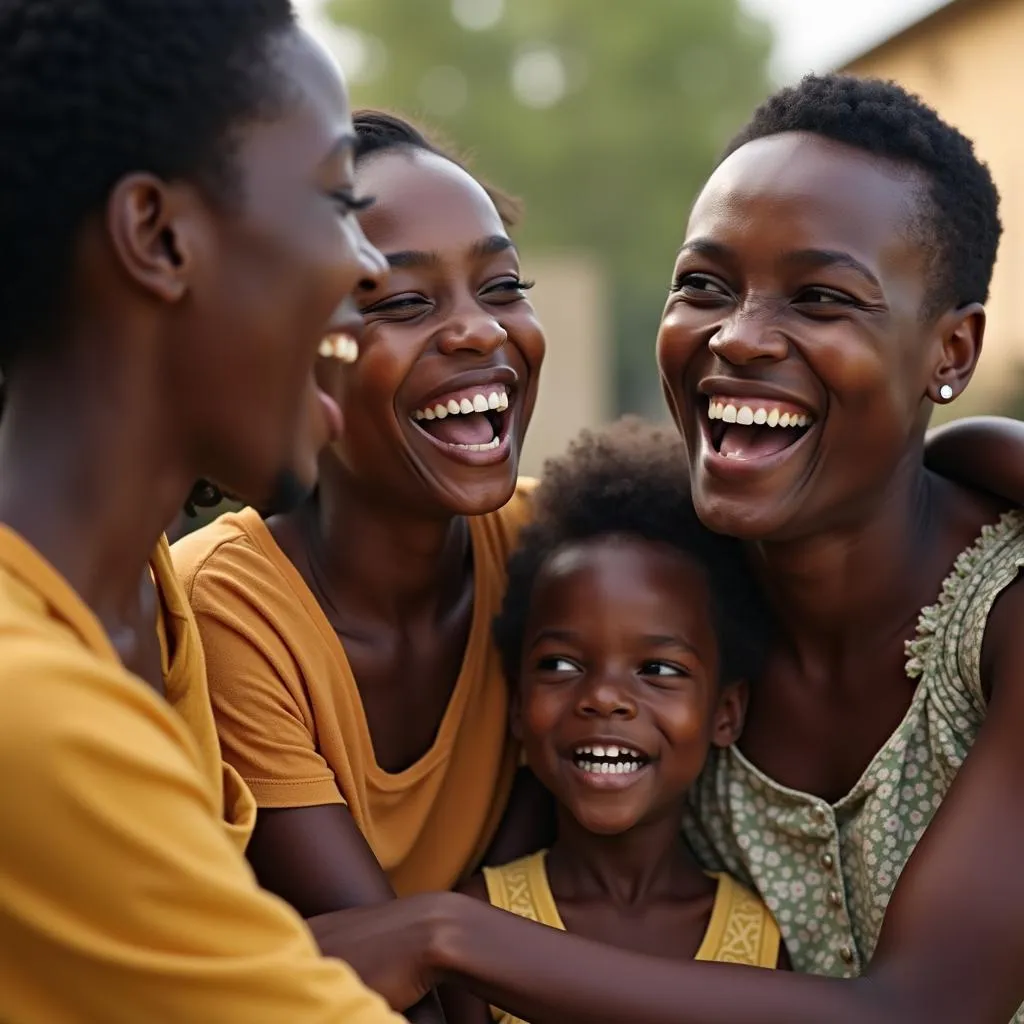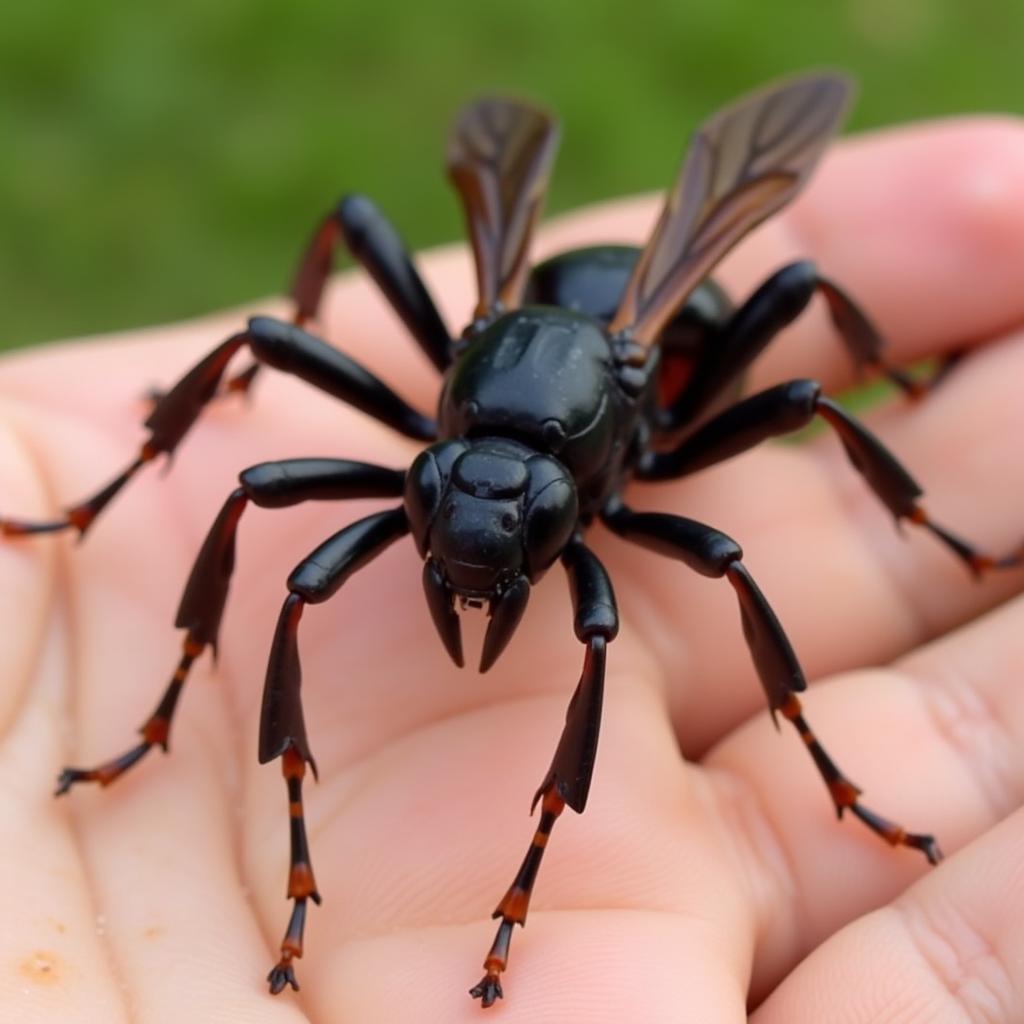African Bathing Rituals: Exploring the Art of Naked Bathing and Traditional Shampoos
In Africa, bathing is more than just a way to cleanse the body; it’s a deeply ingrained cultural practice with a rich history and diverse traditions. From the invigorating waters of the Nile to the soothing springs of the Sahara, bathing is an integral part of daily life, often incorporating unique rituals and practices that reflect the continent’s diverse landscapes and beliefs. One aspect of African bathing that fascinates many is the traditional practice of bathing naked, often accompanied by the use of natural shampoos derived from local herbs and plants.
The Cultural Significance of Naked Bathing in Africa
Naked bathing in Africa is not merely about practicality; it’s often intertwined with cultural beliefs, rituals, and social customs. For many African communities, bathing naked signifies a sense of purity, humility, and connection to nature. It’s a way to shed the burdens of the day and embrace a state of serenity and renewal.
“In our culture, bathing naked is a symbol of our connection to the Earth,” says Aisha, a traditional healer from Kenya. “It’s a way to be cleansed not just physically, but also spiritually.”
In some communities, naked bathing is considered a sacred practice that holds spiritual significance. It’s often performed in designated areas such as rivers, lakes, or sacred springs, where the water is believed to possess healing and purifying properties.
Bathing as a Social Ritual
Beyond its spiritual significance, naked bathing also plays a crucial role in social interactions and community life. In many African villages, bathing is a shared experience, with families and neighbors gathering at designated bathing spots to socialize, catch up on news, and strengthen their bonds. These communal bathing sessions provide opportunities for laughter, storytelling, and shared experiences, fostering a sense of community and belonging.
Traditional Shampoos: Natural Wonders of African Bathing
The use of natural shampoos is another defining aspect of African bathing rituals. For centuries, Africans have harnessed the power of nature to create effective and gentle cleansing agents from local herbs, plants, and minerals. These traditional shampoos not only clean the hair but also possess a range of therapeutic benefits, nourishing the scalp, promoting hair growth, and protecting against environmental damage.
Here’s a glimpse into some popular African shampoo ingredients:
- Baobab: The fruit of the baobab tree is rich in vitamins and antioxidants that nourish and strengthen hair, while the bark’s fiber is often used as a natural shampoo for its cleansing properties.
- Hibiscus: Hibiscus flowers are a common ingredient in African shampoos, known for their ability to promote hair growth, add shine, and enhance hair color.
- Shea butter: This moisturizing and conditioning agent is extracted from the nuts of the shea tree and is widely used in African hair care products.
- Neem: The leaves of the neem tree have antimicrobial and antifungal properties, making them an effective natural shampoo for treating scalp infections and promoting healthy hair growth.
- African black soap: This soap is traditionally made from the ashes of plants, such as plantain leaves, cocoa pods, and palm tree leaves, and is known for its deep cleansing and exfoliating properties.
DIY African Shampoos: A Journey of Discovery
The beauty of African bathing traditions lies in their adaptability and accessibility. If you’re interested in experiencing the benefits of natural African shampoos, you can easily create your own using readily available ingredients. Here’s a simple recipe for a DIY African shampoo:
Ingredients:
- 1 cup of dried hibiscus flowers
- 1/2 cup of dried baobab fruit powder
- 1/4 cup of shea butter
- 1/4 cup of water
Instructions:
- Combine the hibiscus flowers, baobab fruit powder, and shea butter in a bowl.
- Add water gradually, mixing well to form a paste.
- Apply the paste to your hair, massaging gently into the scalp.
- Leave it on for 15-20 minutes, then rinse thoroughly.
Conclusion
The African bathing experience is a testament to the continent’s rich cultural tapestry, celebrating the harmony between nature, tradition, and personal well-being. Whether it’s the spiritual significance of naked bathing or the therapeutic benefits of traditional shampoos, these practices continue to shape the lives of millions across the continent.
By embracing the art of African bathing, we can gain a deeper appreciation for the continent’s diverse cultures and traditions, discovering the beauty and wisdom embedded within ancient practices.
Remember: The next time you cleanse your body, take a moment to appreciate the cultural significance of bathing and its power to connect us to the Earth, our ancestors, and ourselves.
FAQ
Q: Is it common for people in Africa to bathe naked in public places?
A: While naked bathing is a part of many African cultures, the practice is often confined to designated bathing spots or areas where privacy is respected. It’s crucial to understand the specific cultural norms and traditions of each region before engaging in any bathing practices.
Q: What are the health benefits of using traditional African shampoos?
A: Traditional African shampoos are known for their natural ingredients that promote scalp health, hair growth, and overall hair vitality. They are often gentle on the hair and scalp, free from harsh chemicals, and can help manage scalp conditions like dandruff and dryness.
Q: Are there any risks associated with using natural African shampoos?
A: Most natural African shampoos are generally safe for use, but it’s essential to test a small amount of the shampoo on a discreet area of your skin before applying it to your entire scalp. If you experience any irritation, discontinue use and consult a dermatologist.
Q: Can I find African bathing products online?
A: Yes, you can find a wide range of African bathing products online, including traditional shampoos, soaps, and other hair care products. Be sure to research reputable sellers and brands that focus on natural and sustainable ingredients.
Q: What other aspects of African culture are related to bathing?
A: Bathing is closely linked to various aspects of African culture, including rituals surrounding childbirth, healing ceremonies, and social gatherings. These rituals often incorporate specific bathing practices and the use of natural ingredients.
Q: Where can I learn more about African bathing traditions?
A: You can explore books, documentaries, and online resources that delve into the diverse bathing practices and traditions of different African communities. Additionally, seeking out local experts or traditional healers can provide valuable insights and firsthand knowledge.

